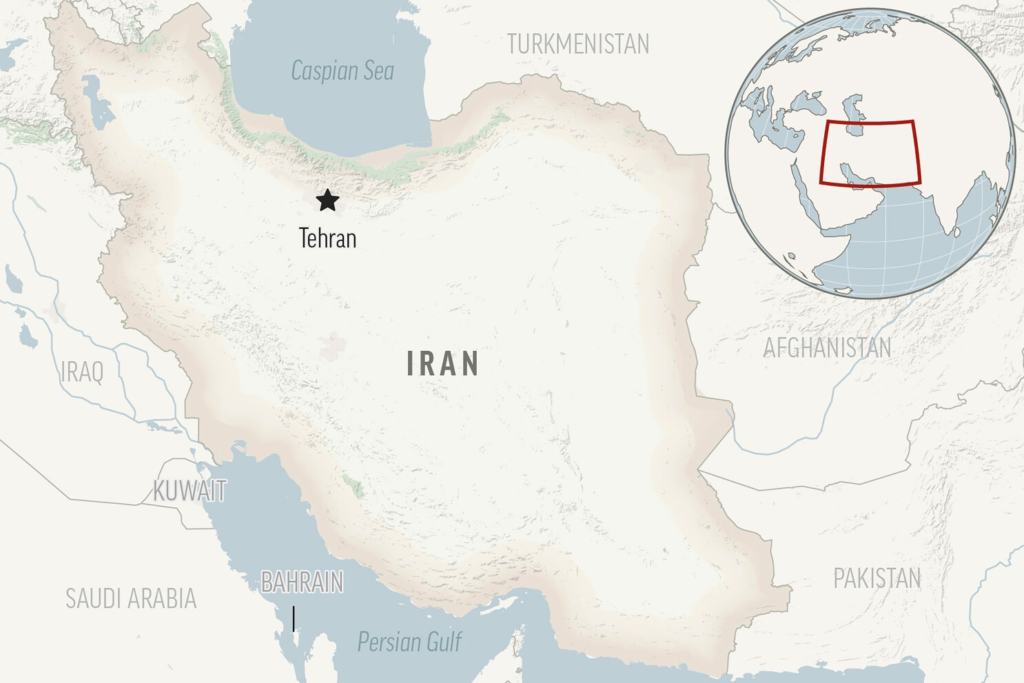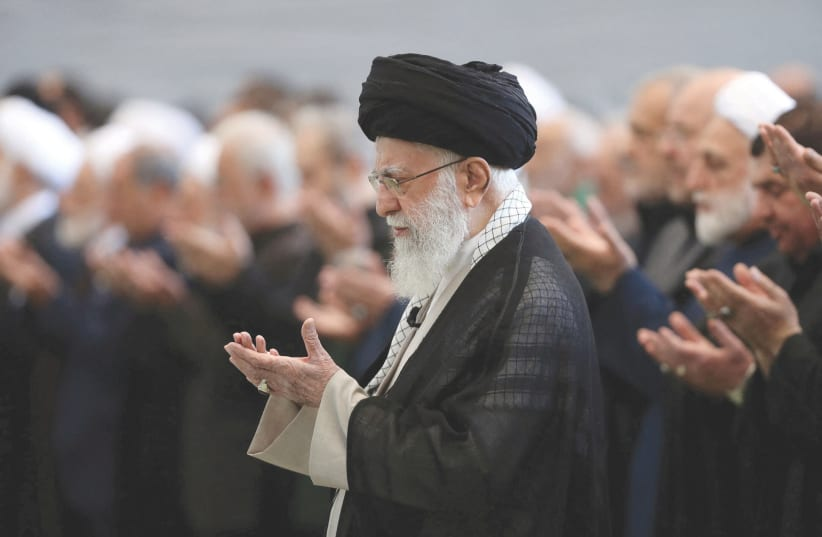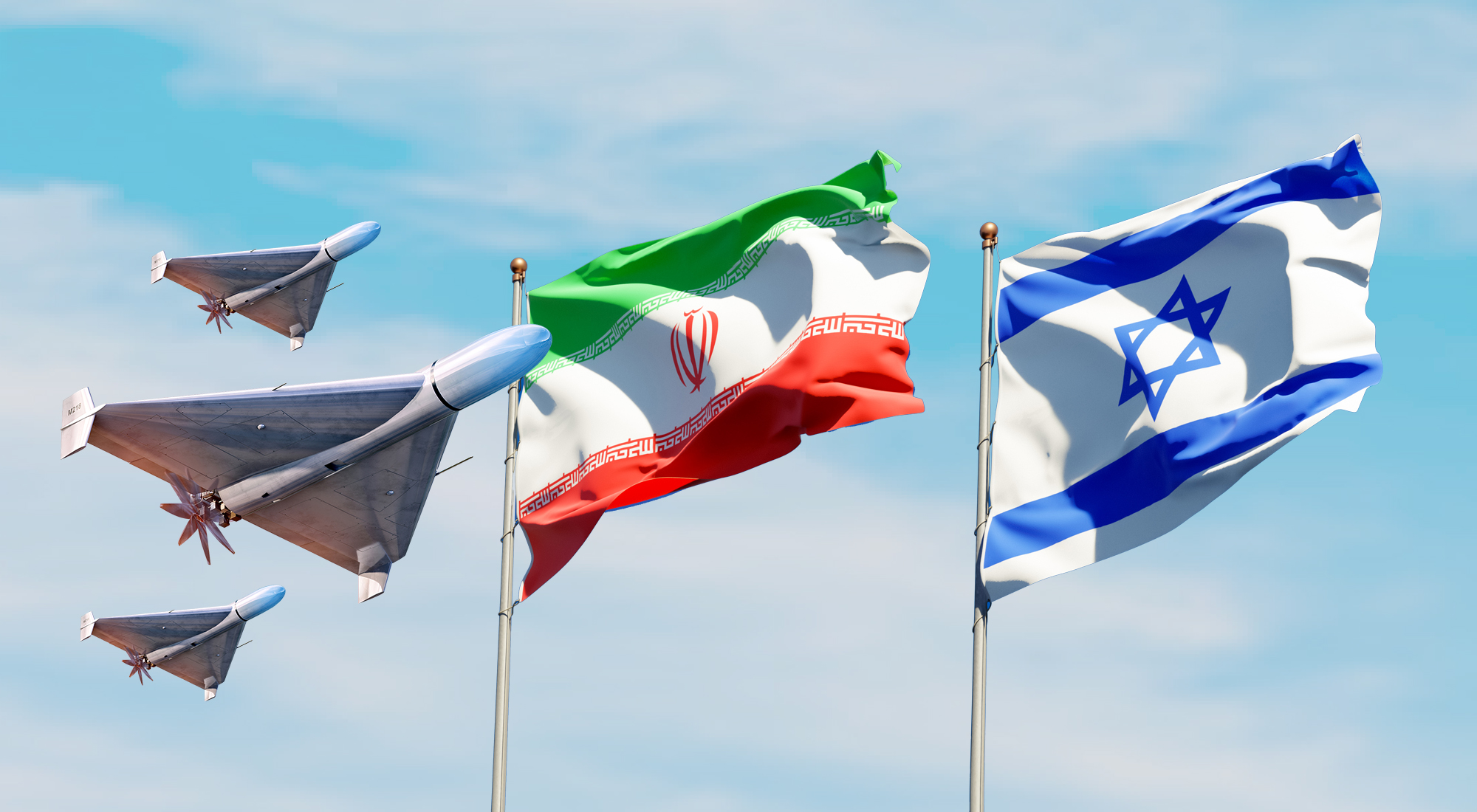Reports have emerged of a disturbing trend involving minors being recruited by Iranian-affiliated actors to carry out attacks against Israeli and Jewish targets across Europe.
These covert operations highlight the escalation of Iran’s proxy conflicts beyond the Middle East, raising alarm among European governments and intelligence agencies.
The Recruitment of Minors: A Disturbing Tactic
In a series of incidents this year, young children have been implicated in attacks targeting Israeli interests in Europe. A 15-year-old boy in Stockholm was caught en route to the Israeli embassy with a loaded gun, a 13-year-old in Gothenburg fired shots at an Israeli defense facility, and a 16-year-old assisted in planting homemade explosives.
These attacks have exposed the extent to which Iran-affiliated groups are exploiting vulnerable minors, using them as pawns in their geopolitical struggle against Israel.
Investigators have pointed out that Iranian-linked operatives are targeting underprivileged and marginalized communities, often tapping into local criminal networks.
Read : Iran Leader Khamenei Dubs Women as ‘Delicate Flower’ Amid Hijab Law Controversy
The recruits are lured with monetary incentives, with payments ranging from as little as €120 for minor acts of violence to €1,500 for more significant operations, including murder. Platforms like Telegram, TikTok, and WhatsApp have become central to these recruitment efforts, where operatives groom, train, and direct their young recruits.
Read : Iran : a Mountainous, Arid, and Ethnically Diverse Country of Southwestern Asia
This trend reflects an alarming shift in the methods employed by Iran-backed groups, as they increasingly leverage the socio-economic vulnerabilities of immigrant-dominated communities in Europe.
The Growing Threat Across Europe
The escalation of Iranian-backed operations has rattled governments across Europe, with Scandinavian countries emerging as a particular hotspot. In May, Belgian security services thwarted an attack on the Israeli embassy in Brussels, orchestrated by children as young as 14.
This fall, Swedish and Norwegian intelligence agencies issued warnings about Iran-linked operations. Norway temporarily raised its terror alert level and armed its police, underscoring the growing threat.

Nordic countries, known for their open societies and low levels of policing, have become particularly susceptible to these covert operations. International crime gangs, entrenched in immigrant-heavy areas, provide a fertile ground for recruitment.
Heightened tensions over civilian casualties in Gaza and Lebanon have further fueled anti-Israel sentiment, making it easier for Iranian proxies to find willing recruits.
Britain’s MI5 has also expressed concerns over an increase in Iran-linked activities, highlighting the broader European dimension of the threat. The use of minors in these operations not only presents an ethical dilemma but also poses significant challenges for law enforcement, as these young perpetrators often evade suspicion until it is too late.
The Broader Context of Iran-Israel Proxy Conflicts
The recruitment of children for attacks in Europe is part of a broader strategy by Iran to extend its proxy war with Israel beyond the Middle East.
Following Israel’s intense military response to Hamas’s October 2023 attacks, Iran’s regional allies, including Hezbollah and the Syrian regime, have faced significant setbacks.
This has likely driven Tehran to escalate its covert operations in other parts of the world, using unconventional tactics to maintain pressure on Israel.

Country’s reliance on proxy groups like Hamas and Hezbollah has long been a cornerstone of its strategy to challenge Israeli interests. However, as these groups have weakened under sustained military pressure, Iran appears to be shifting its focus to new theaters of conflict, including Europe.
The exploitation of minors not only reflects desperation but also serves as a chilling reminder of the lengths to which Tehran is willing to go in its ideological battle.
European governments are now grappling with the dual challenge of countering these covert operations while addressing the root causes that make communities vulnerable to recruitment.
Strengthening intelligence-sharing mechanisms, increasing surveillance of online platforms, and fostering community resilience will be critical in countering this growing threat.

